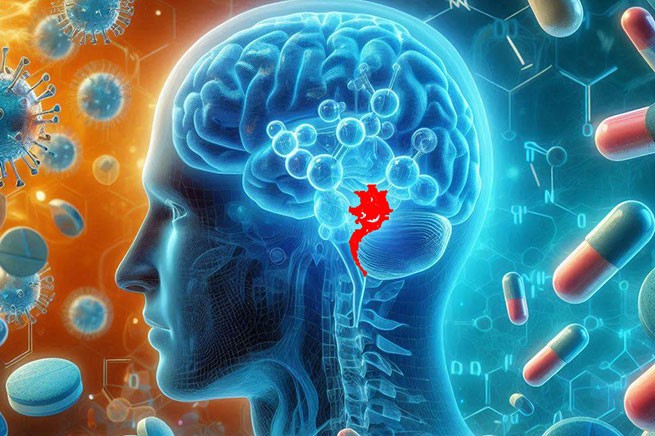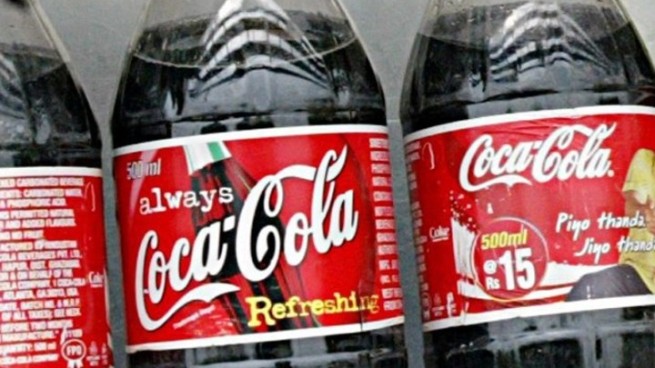Six types of plastic in the form of micro- and nanoparticles have been found in Coca-Cola and Schweppes bottles in a study published today by the association Agir pour l'Environnement (Action for the Environment) and addressed to health authorities.
The association's general director, Stefan Kerkov, believes that Coca-Cola consumers “should be informed about the molecular instability of the plastic bottle.”
Two laboratories tested samples taken from liter bottles of Coca-Cola Original and 1.5 liter bottles of Schweppes Indian Tonic, taken after one, ten, and then twenty openings, imitating as much as possible their usual use.
Infrared microplastic (plastic particles smaller than 5 mm) monitoring has revealed the presence of six different polymerswhich is a “surprising” discovery, according to the association, which states that “manufacturers only declare two polymers in contact with the drink: PE (σ.σ.: πολυαιθυλένιο) in the cap and PET (σ.σ.: τερεφθαλικό πολυαιθυλένιο) in the bottle,” the announcement says.
In the case of Coca-Cola (46 microparticles per liter after twenty openings), as in the case of Schweppes (62 per liter), The more times a bottle is opened, the more microparticles the soft drink contains.
The Action for the Environment association hypothesizes that “wear and tear of the lid is the cause of the microplastics found.
The same applies to plastic nanoparticles, the average size of which increases when the bottle cap is opened and closed.
Their infinitesimally small size, 1,000 times smaller than a microparticle, makes them easier for living organisms to digest, creating a “much greater health risk,” according to the study..
Yesterday, Wednesday, Schweppes company told the Parisien newspaper that all its packaging complies with “strict quality requirements set by French and European health authorities” and that microplastics, “if detected,” “were not intentionally included in the packaging.” Agence France-Presse notes that it also contacted Coca-Cola, but it has not yet responded.
The study does not have the status of a scientific study, but it reveals a “correlation,” the association explains, recalling that “The accumulation of microplastics in the human body poses significant health risks that are not yet well understood“.
The association calls on the Directorate General of Health (DGS), the Anses health service and the DGCCRF (Directorate General for Competition, Consumer Protection and Anti-Fraud) to take action “to put an end to this ‘accidental’ contamination of drinks.







More Stories
Naples: Children knock statue off balcony, kill tourist passing below
De-dollarization: how the East and West assess the process of moving away from the dollar
Democrats reject Trump's proposal to require voters to show proof of US citizenship